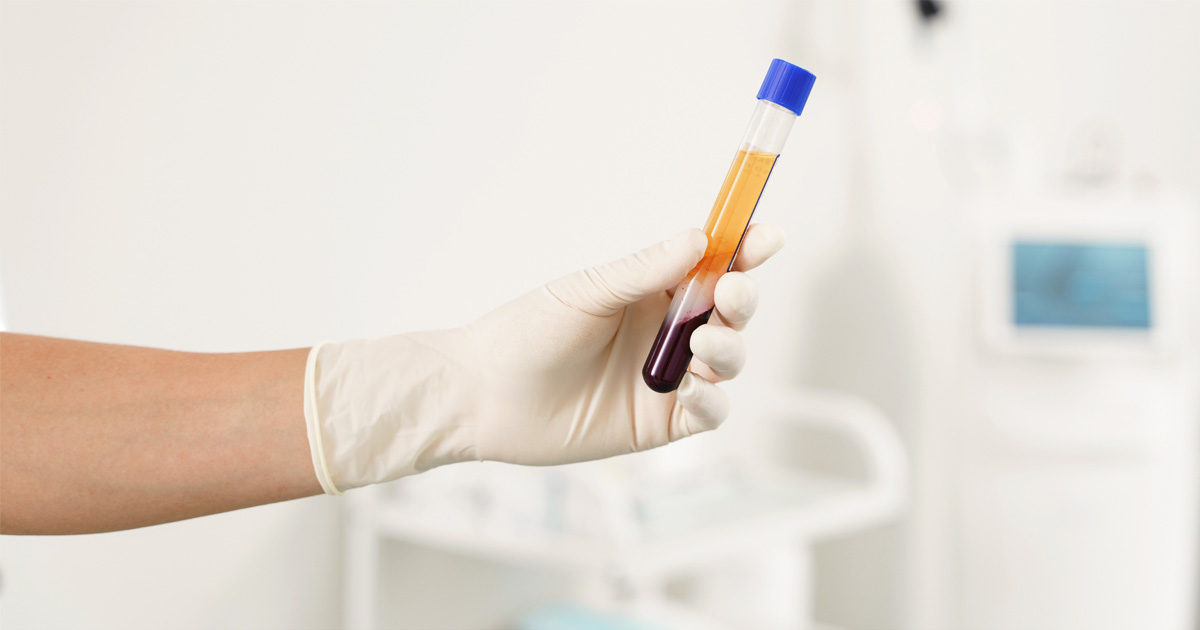In the field of assisted reproduction, new treatments are continuously emerging to address challenges faced by patients. One such innovation is ovarian rejuvenation IVF using PRP (Platelet-Rich Plasma). This cutting-edge therapy has gained attention for its potential to enhance ovarian function, particularly in women with diminished ovarian reserve or poor response to previous fertility treatments. By stimulating the ovaries with PRP, this procedure seeks to create an environment more conducive to egg development and overall fertility health.
PRP is derived from the patient’s own blood and contains growth factors that can regenerate and repair tissue. When introduced into the ovaries, it may help activate dormant follicles, promoting natural ovarian activity and increasing the likelihood of successful IVF outcomes.
Contents
Who Might Benefit from PRP Therapy?
PRP therapy is a promising option for:
- Women with diminished ovarian reserve.
- Patients who have experienced multiple failed IVF cycles.
- Women diagnosed with poor ovarian response (POR).
- Women in their late 30s or 40s seeking to extend their fertility potential.
For these individuals, ovarian rejuvenation IVF may provide renewed hope. By improving the ovarian environment, PRP therapy aims to enhance both the quality and quantity of eggs, offering patients a better chance at conception.
The PRP Procedure in Detail
The process begins with a simple blood draw. This blood is processed to separate platelets and concentrate growth factors. The resulting PRP is then injected directly into the ovaries under ultrasound guidance.
The procedure is minimally invasive and typically completed in a short outpatient visit. It can be performed as part of an ongoing IVF cycle or as a preparatory treatment, depending on individual circumstances.
Scientific Insights and Success Rates
While studies on ovarian rejuvenation IVF are ongoing, initial findings indicate that PRP therapy can increase hormone levels, activate ovarian tissue, and, in some cases, lead to spontaneous ovulation. Success stories highlight its potential to transform the fertility journey for women who may have otherwise had limited options.
When Should You Consider PRP for IVF?
If you’ve been diagnosed with poor ovarian response, diminished ovarian reserve, or have had unsuccessful IVF attempts, ovarian rejuvenation IVF may be worth exploring. Timing is crucial; consulting a fertility specialist can help determine if this treatment is suitable for your specific needs and goals.
At PMH Fertility Center, we are committed to helping you navigate your options and finding personalized solutions.
Contact us to learn how PRP therapy can be an integral part of your fertility journey.

